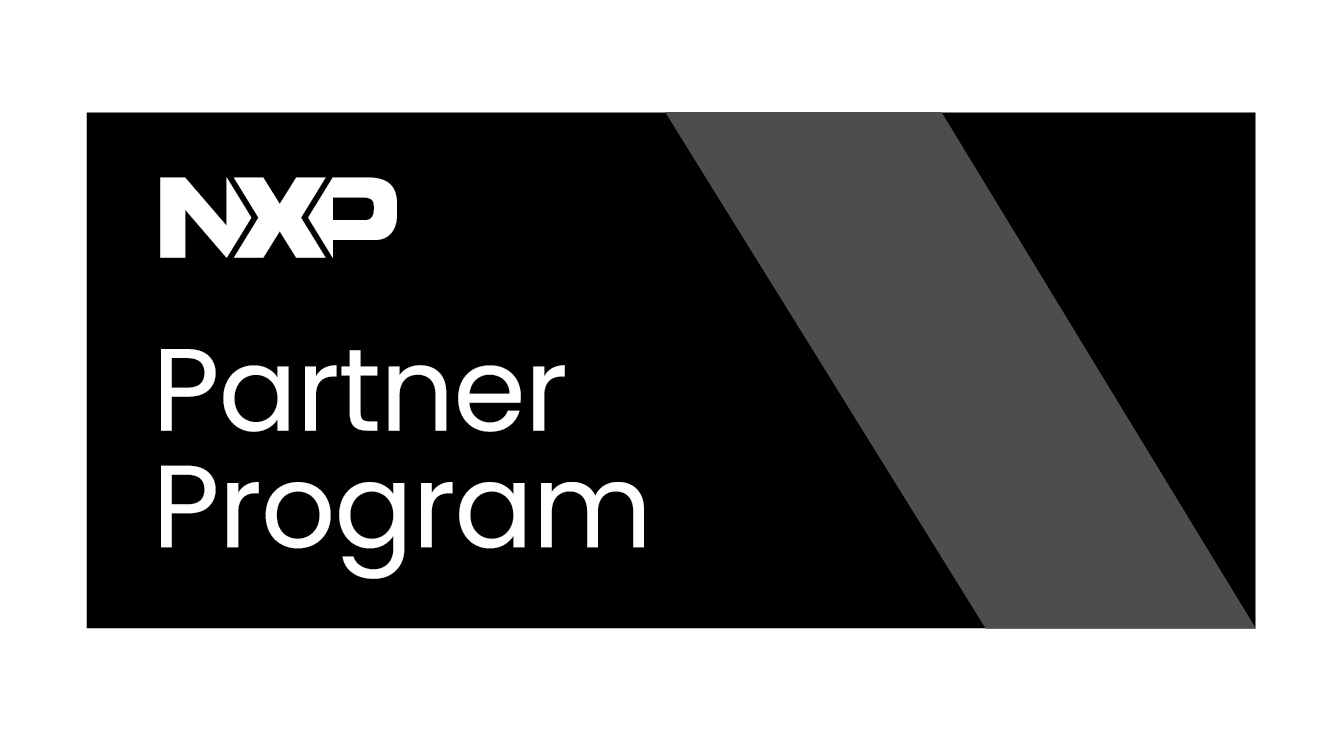RidgeRun Linux Camera Drivers - Expert Camera Driver Services - Services Provided
RidgeRun started developing drivers in 2006, specializing in custom Linux V4L2 drivers for embedded systems. Customers choose the hardware sensor or chip, and RidgeRun creates the V4L2 driver for it. This service includes the creation of a V4L2 capture driver for your system, assuming no hardware issues, and always supports one camera and one resolution. Additional cameras and resolutions can be added as part of our engineering services. Learn more about our engineering services.
Linux Drivers Services
- Development and optimization of Linux drivers: V4L2 drivers for camera sensors, MIPI CSI bridges, MIPI DSI displays, audio codecs, wifi chips, Ethernet PHY chips, GPIO/i2c expanders, etc.
- Optimization of existing Linux Drivers
- Optimization and development of algorithms executed in coprocessors like GPUs, DSPs, FPGA, etc.
- Boot time optimization
- General embedded Linux application development services
Devices that need V4L2 Drivers
Some of the devices that might need a V4L2 driver are:
- Camera Sensor from different vendors like Sony, Aptina, Omnivision, etc
- SDI receivers like Gennum
- HDMI receivers
- GMSL or FPD Link chips to extend the physical connection of the camera to the SoC
- Composite or component decoders
- FPGA feeding video
Additional Services
- V4L2 device drivers (for camera sensors, GMSL2, FPD-Link, etc) are developed on T&M or subscription basis, the customer is only required to provide their driver requirements and we provide a quote of the estimated effort
- RidgeRun also provides services to extend the driver to support additional controls like auto white balance, contrast, exposure time, etc if the sensor has these capabilities as well as multiple sensor/chips support
- RidgeRun will utilize the default ISP calibration. However, once the driver is implemented, you may need to create a custom ISP calibration file for your sensor if you plan to use the built-in ISP. Access to ISP calibration tools is typically limited to specific partners or ODMs, so companies like D3 engineering and Leopard Imaging can assist in creating this file if the default settings don't achieve the desired image quality.



